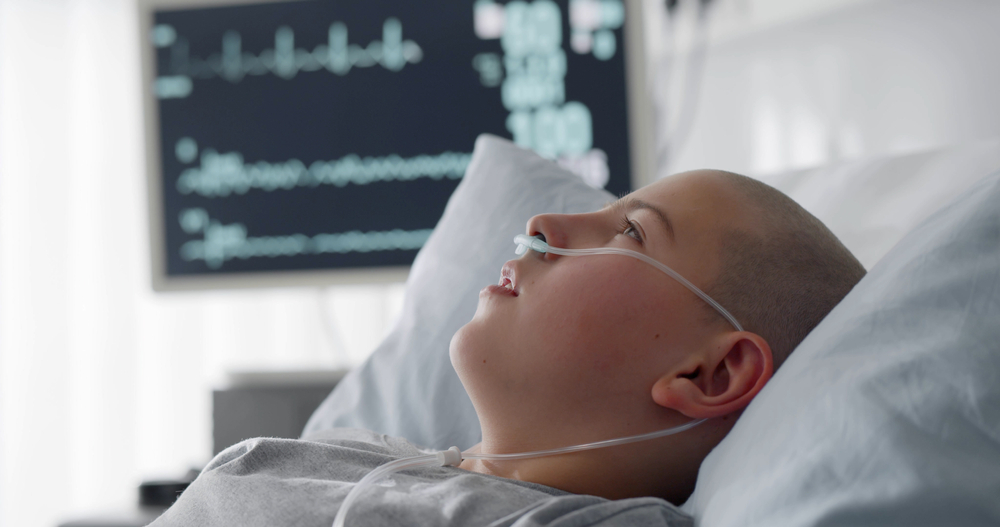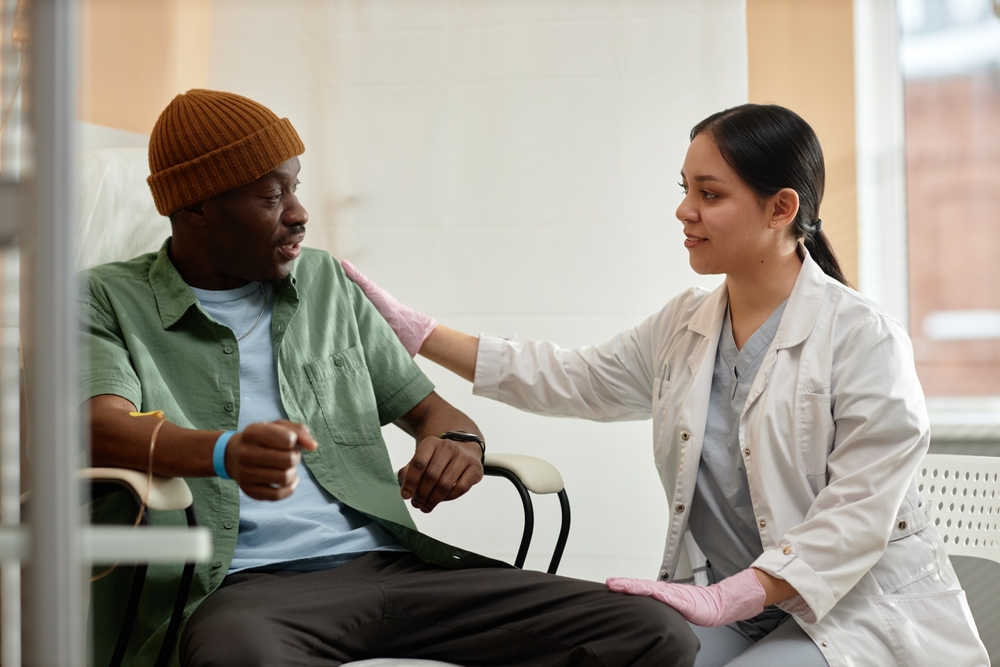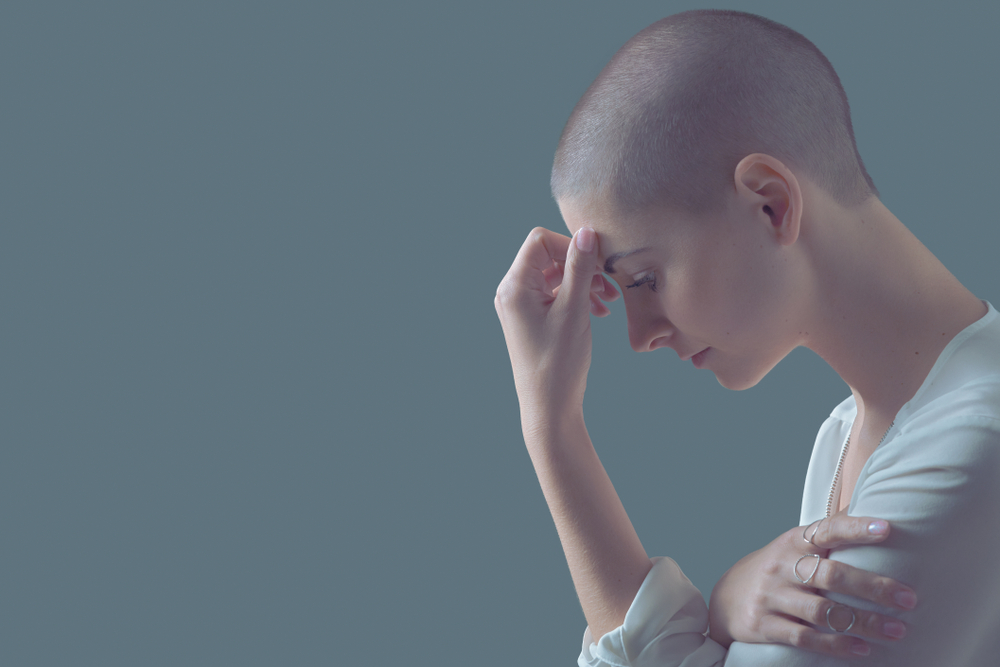Nothing about having cancer is fun, and that is extended to cancer treatments. They are long, grueling, and often uncomfortable or even painful. They have terrible side effects that leave people feeling completely depleted and not themselves. One of the most common but not talked about side effects of chemotherapy treatment is Chemo brain. This is everything that cancer survivors want you to know about chemo brain and how it affects them.
Chemo Brain: 10 Things Cancer Survivors Want You to Know

Chemotherapy is a common treatment for cancer, but it often comes with a side effect known as “chemo brain.” Chemo brain refers to cognitive changes that can occur during and after cancer treatment. These changes can affect memory, concentration, and overall cognitive function. Here are 10 things that cancer survivors want you to know about chemo brain. (1)
Read More: Massive 10-Year Study Links Gum Disease to Cancers, Major Health Problems
1. It is real

It’s not just an excuse or an act for attention. Chemo brain is not just in the patient’s head; it is a genuine condition that many cancer survivors experience. It involves cognitive difficulties that can significantly impact daily life. While hearing the same story or piece of information more than once may be annoying to you, it is far more frustrating and terrifying for the person who is experiencing it. Before you comment negatively or even laugh or joke about it, remember that this is frightening for the other person. Treat them with grace – they haven’t lost their intelligence; they’re just a little more forgetful for now. (2)
2. Memory issues

One of the most common symptoms of chemo brain is memory problems. Survivors may struggle to remember details, names, or even conversations that happened recently. They may also have trouble recalling information from their past, such as a childhood memory.
3. Difficulty concentrating

Chemo brain can also affect concentration and focus. Survivors may find it challenging to concentrate on tasks or have difficulty multitasking. This can make it difficult to perform daily activities, such as driving and cooking.
4. Brain fog

Many survivors describe the feeling of “brain fog” associated with chemo brain. It can make thinking feel fuzzy and slow, leading to frustration and decreased productivity. People with chemo brain may experience a loss of vocabulary, which can make it difficult to express themselves. They may also forget what they’re trying to say mid-sentence or struggle to recall information that seems obvious to others.
5. Emotional impact

Chemo brain can have emotional consequences as well. Survivors may experience feelings of frustration, anxiety, and depression as they struggle to cope with the cognitive changes. The emotional impact of chemo brain can be further exacerbated by the survivor’s feelings of vulnerability and loss of control, which are common in cancer patients. These feelings may lead to problems with relationships, work performance, and quality of life.
6. Managing chemo brain

While there is no specific treatment for chemo brain, survivors can adopt strategies to help manage the symptoms. This includes staying organized, using calendars or planners, and practicing stress-reducing techniques like meditation or yoga. The brain is an amazing organ, and it’s capable of adapting to many different situations. This means that even though chemo brain can be frustrating, it’s likely that memory and other cognitive skills will return after treatment has ended.
Read More: Woman’s Itchy, ‘Velvety’ Palms Turn Out to be Cancer Symptom
7. Exercise can help

Engaging in regular physical exercise has been shown to improve cognitive function in cancer survivors. Incorporating activities like walking, swimming, or yoga into the daily routine can be beneficial. Of course, consult your oncologist, who can help you figure out which exercise program is best for you, depending on where you are at in your treatment and recovery. (3)
8. Seeking support

It is essential for survivors to reach out for support from healthcare providers, support groups, and loved ones. These resources can provide guidance, validation, and coping strategies for dealing with chemo brain.
9. Timeframe and variability

Chemo brain can vary in intensity and duration from person to person. Some survivors may experience it throughout treatment, while others may see improvements shortly after treatment ends. It is essential to be patient and allow time for the brain to heal.
10. Advocacy and awareness

Cancer survivors want others to be aware of the impact that chemo brain can have on their lives. By raising awareness, advocates hope to reduce the stigma associated with cognitive changes and promote understanding and support for those experiencing chemo brain.
The Bottom Line

Chemo brain is a significant concern for cancer survivors. It can affect memory, concentration, and overall cognitive function. While there is no specific cure, survivors can adopt strategies to manage chemo brain and seek support from healthcare professionals and loved ones. By increasing awareness and understanding, we can create a more compassionate society for those affected by chemo brain.
Read More:
The Role of Collagen in Keeping Cancer Cells Dormant: A New Frontier in Cancer Treatment
Sources
- “Chemo brain n.” Mayo Clinic
- “10 Things Cancer Survivors Want You To Know About Chemo Brai n.” I Had Cancer. TeamIHadCancer. January 4, 2016.
- “Chemobrai.” MD Anderson

